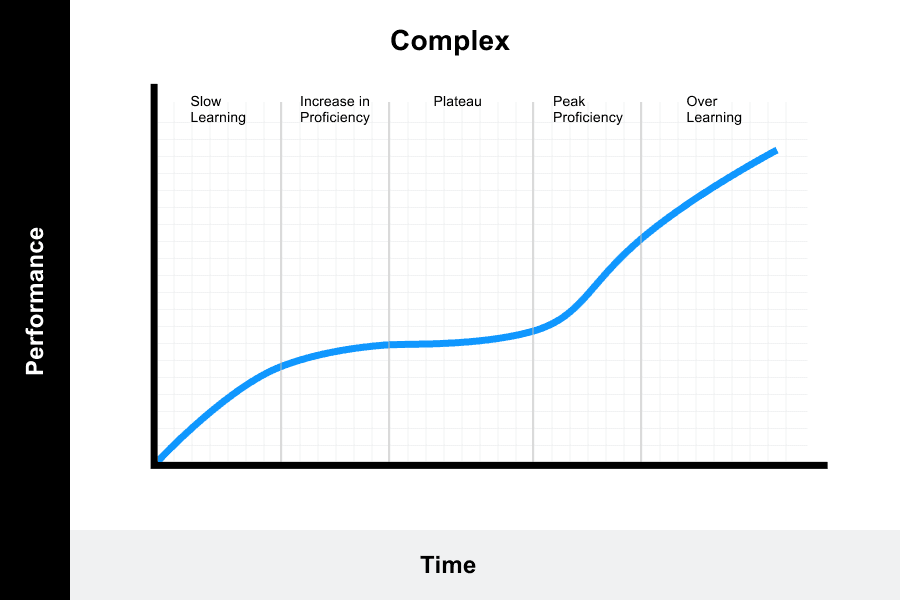Breaking Through Learning Plateaus: Strategies for Language Learners
Understanding Learning Plateaus
Learning a new language is an exciting journey filled with moments of discovery and achievement. However, many language learners encounter a stage where progress seems to stall - this is known as a learning plateau. Understanding that this is a natural part of the learning process can help alleviate some frustration and set the stage for breaking through to new levels of proficiency.

Plateaus occur because the brain needs time to consolidate new information. During this phase, improvements might not be as noticeable, but unseen progress is being made as your brain reorganises and strengthens its knowledge base. Recognising this can help maintain your motivation.

Identifying and Analysing Your Plateau
The first step in overcoming a learning plateau is to identify and analyse it. Ask yourself if there are specific areas in language learning where you feel stuck. Is it vocabulary, grammar, speaking, or comprehension? Understanding where the plateau exists will help you tailor strategies to address these specific issues.
- Vocabulary: Are you struggling to remember new words?
- Grammar: Do grammatical structures confuse you?
- Speaking: Is fluency a challenge?
- Comprehension: Do listening or reading exercises feel overwhelming?
Analysing these areas allows you to pinpoint the cause of the plateau and focus your efforts on overcoming it.
Strategies to Break Through
Once you've identified the area of difficulty, you can employ targeted strategies. Here are some effective methods:
Change Your Routine
Sometimes, simply altering your routine can reignite progress. If you've been studying in a particular way, try switching it up. For instance, if you primarily use textbooks, incorporate more interactive activities like language apps or conversation exchanges.

Set Specific Goals
Setting specific, measurable goals can provide direction and motivation. Instead of aiming for general improvement, focus on achieving particular outcomes, such as learning 20 new words per week or mastering a specific grammatical tense.
- Create short-term goals that contribute to long-term proficiency.
- Track your progress to stay motivated.
- Celebrate small victories to maintain enthusiasm.
The Power of Practice and Patience
Consistent practice is key to overcoming plateaus. Engage in daily language activities, even if they're brief. Regular exposure to the language keeps it fresh in your mind and helps solidify what you've learned.
Additionally, patience is crucial. Understand that language learning is a marathon, not a sprint. Trust that progress is happening beneath the surface, and with persistence, you'll break through the plateau.

Embrace the Journey
Ultimately, breaking through a learning plateau requires a combination of strategy, patience, and a positive mindset. Embrace the journey and acknowledge that every step forward, no matter how small, is valuable. Celebrate your progress and remain open to new techniques and approaches.
Remember, every language learner faces plateaus; it's how you respond to them that determines your ultimate success. Stay motivated, stay curious, and keep pushing forward on your language-learning adventure.
